Ask the average person, especially someone who isn’t familiar with the comic books or animated series, to name the quintessential X-Men member, and chances are they’ll say Wolverine. It’s easy to see why. Wolverine was the standout character in the 20th Century Fox films, and as recently as 2024’s Deadpool & Wolverine, he continues to be the franchise’s biggest draw.
The mysterious, gritty, and feral-featured mutant with adamantium claws and a conflicted moral code first appeared in The Incredible Hulk #180 in 1974. His popularity exploded throughout the late 1980s and 1990s as fans took to his rough-around-the-edges nature and rebellious streak, a sharp contrast to the serious, rule-following leadership style of Cyclops. Then came 2000’s X-Men, where a relatively unknown Australian actor named Hugh Jackman brought Wolverine to life with a mix of charisma, intensity, and emotional depth that instantly resonated with audiences.
Wolverine became the face of the movie franchise, appearing front and center in marketing campaigns, merchandise, and eventually his own solo films like X-Men Origins: Wolverine, The Wolverine, and Logan. Simply put, Wolverine was where the money was. He wasn’t just another X-Man. He was the X-Man.
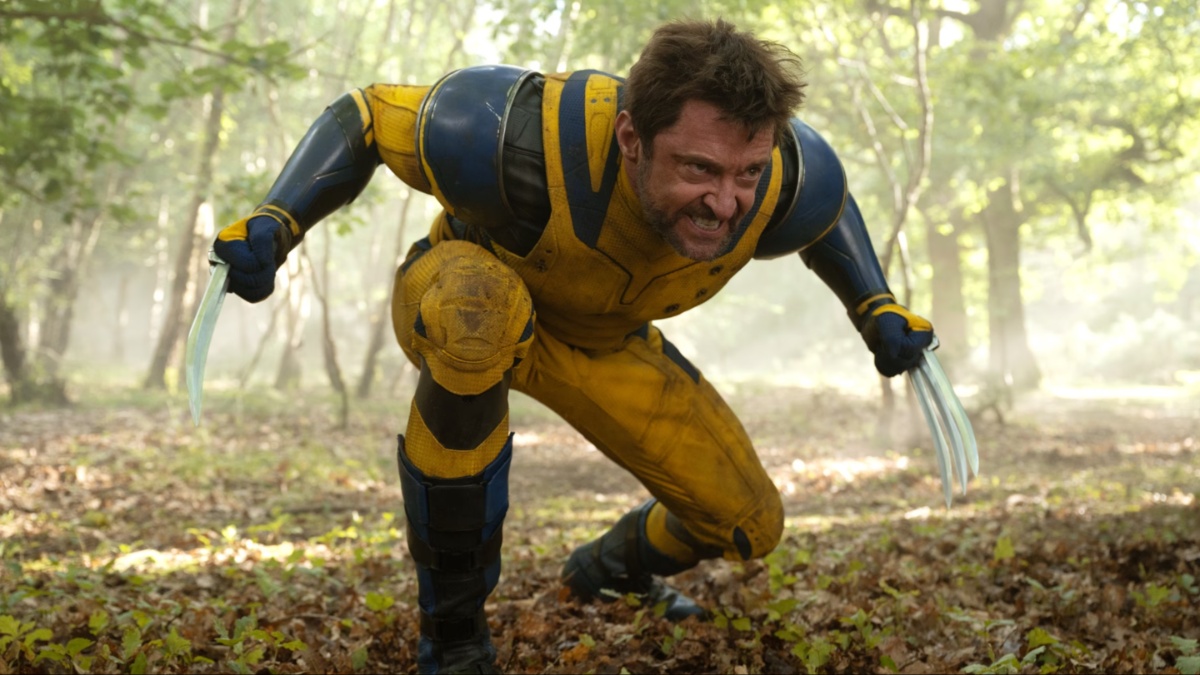
But what about Cyclops?
If you were a fan of Scott Summers — a mutant who can project powerful, concussive lasers from his eyes — from the comic books or the ’92 animated series, you knew exactly what made him such a valuable member of the X-Men heading into the 20th Century Fox films. While he often served as a foil to Wolverine and could seem straitlaced by comparison, those differences were part of his strength. Cyclops embodied the archetypal field leader: strategic, responsible, and a little rigid. He was the X-Men’s de facto leader, Professor X’s protégé, and he was good at it. Where Wolverine was hotheaded and impulsive, Cyclops was calm and authoritative. That steadiness could sometimes make him seem cold, but it also meant he could reel Wolverine in when necessary and guide the team through battle with precision.
Instead of highlighting these differences between Wolverine and Cyclops and showing why it made them such good teammates in the end however, the movies mostly did Cyclops dirty to make Wolverine shine even brighter. In pro wrestling terms, Wolverine was the one getting the push — think John Cena or Roman Reigns (or Hulk Hogan for the old-school fans) stealing the spotlight while Macho Man Randy Savage and Daniel Bryan got stuck in second-banana roles.
For Cyclops, though, it was even worse. In the comics and the ’92 animated series, he had already earned his stripes. Sure, he was a bit boy scoutish and by-the-books, but he was trusted by his teammates to lead them into battle. He commanded respect, and even when he clashed with Wolverine, he maintained authority and kept the team together. Unlike those wrestlers who only exist in “what could have been” fantasy scenarios, Cyclops had already proven himself — but the films never let that shine through.
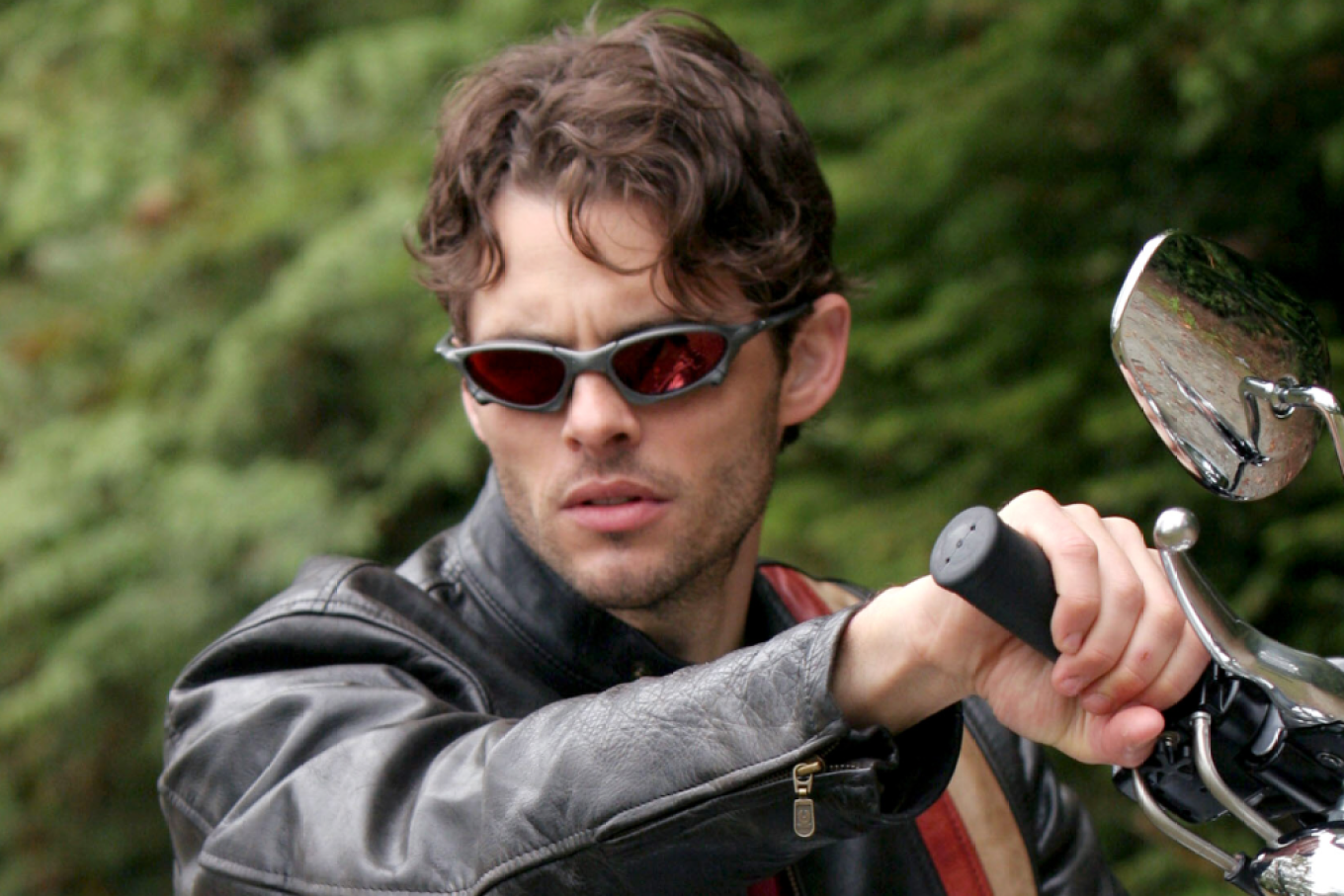
Cyclops, played by James Marsden in the films, often has his leadership abilities overshadowed by Wolverine. His iconic red optic blasts are still shown as a formidable power, but the movies frequently highlight his struggles to control them whenever he loses his visor. Unlike the comics or the animated series, the films rarely explore his journey toward mastering his abilities, leaving an incomplete picture of his skill and growth as a leader.
Then there’s the love triangle between Cyclops, Jean Grey, and Wolverine—and how it plays out in the films. In the comics and the ’92 animated series, Cyclops and Jean Grey are a true power couple. They have their ups and downs, like any long-term relationship, but their bond is central and enduring. Wolverine’s interest in Jean is there, but it’s usually subtle and serves more as occasional drama rather than defining the story.
In the films, however, the Wolverine/Hugh Jackman effect dominates. Where Jean is loyal and committed to Cyclops in the comics and animated series, in the movies she’s portrayed as emotionally ambiguous, more clearly torn between Cyclops’ steady nature and Wolverine’s brooding, antihero charisma. Cyclops, meanwhile, comes across as awkward, insecure, and reactive, often losing ground to Wolverine in both emotional and romantic terms.
Interestingly, James Marsden will reprise his role as Cyclops in the upcoming Avengers: Doomsday. However, if the appearances of the 20th Century Fox X-Men in Deadpool & Wolverine are any indication—and if Doomsday is focused on establishing Dr. Doom as a major threat—this outing may serve more as a swan song for Marsden’s Cyclops than a true redemption arc.
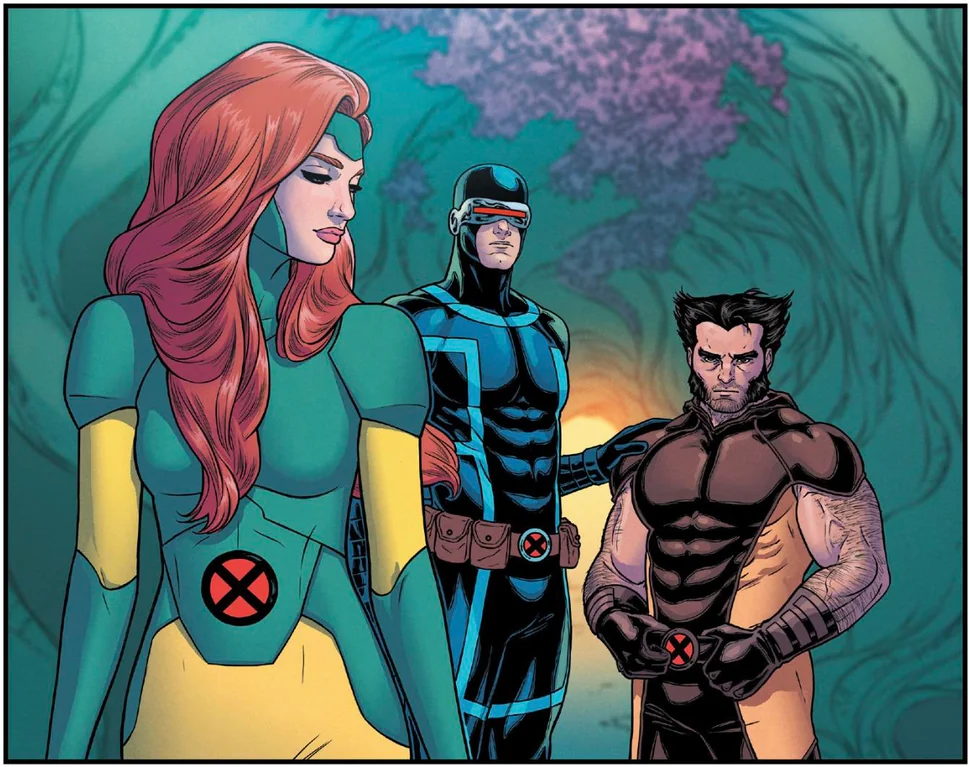
Marsden seems to recognize that while his portrayal of Cyclops in the 20th Century Fox films may have been underwhelming, the character remains an iconic figure for X-Men fans.
“It’s been a nice little homecoming to a role that really put me on the map,” he told Vanity Fair. “It was the first real event project that I was ever a part of, and a very beloved character, this icon from the comics. And so to step back into that role was pretty special.”
Enough about the 20th Century Fox films. With the X-Men set to join the MCU following the events of Avengers: Doomsday and Avengers: Secret War, could the upcoming MCU X-Men movies finally give Cyclops his chance to shine?
According to a recent episode of the Kristian Harloff podcast, the answer is yes. Harloff, known for scoops and his insider connections in Hollywood, stated that the upcoming MCU X-Men films will focus less on Wolverine and more on Cyclops and the Summers family.
“One of the things that could be in the X-Men,” Harloff said, “because they’re going to be leading—everyone knows they’re leading with the X-Men—Cyclops is going to get a heavy push with him and the Summers family. So Wolverine wouldn’t be a big focus.”
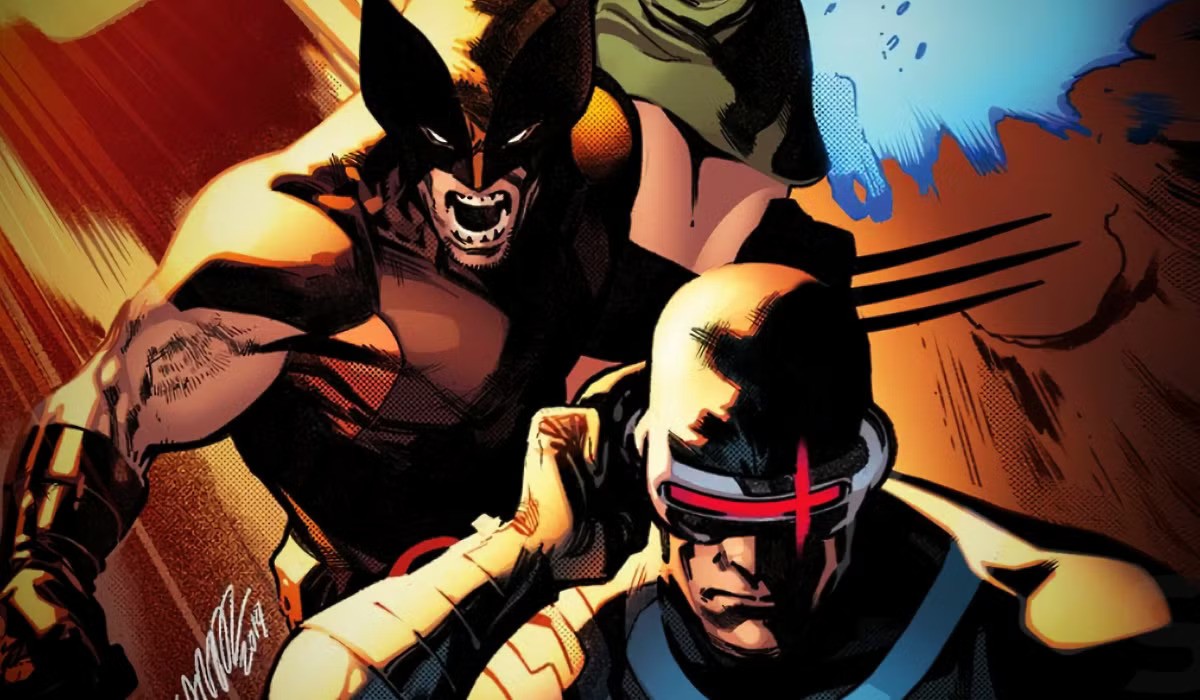
Could this be Cyclops’ chance for big-screen redemption? Will the MCU X-Men films position him as the heart and soul of the team, much like Captain America is to the Avengers? Will they finally explore the differences between Cyclops and Wolverine in a way that shows how those contrasts make them better teammates? And when Harloff mentions “the Summers family,” does that include Havok, Cyclops’ brother? Could it hint at Cyclops and Jean Grey having a child together? Might the notorious Mr. Sinister, with his obsession over the Summers family in the comics, appear as a villain?
Whatever the case, the MCU X-Men films could be Cyclops’ redemption and we’re here for it.
Do you agree with our reasoning on why the MCU X-Men films could be Cyclops’ redemption? Would you like to see Cyclops get more of the spotlight after his lackluster portrayal in the 20th Century Fox films? Let us know in the comments.





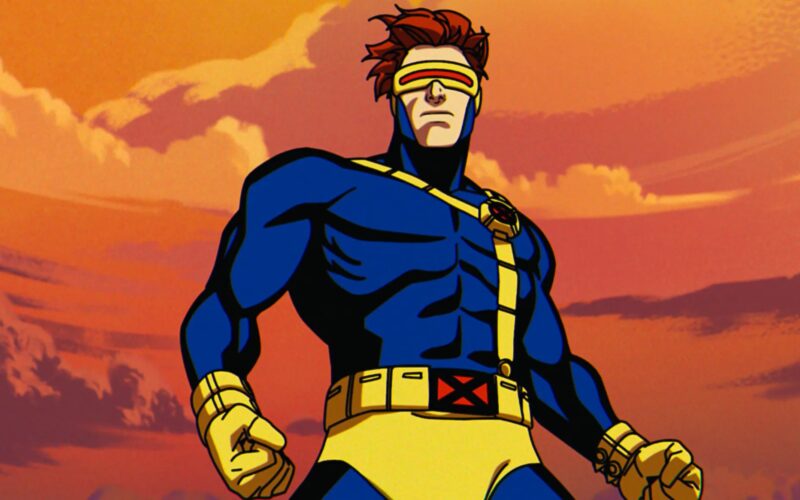
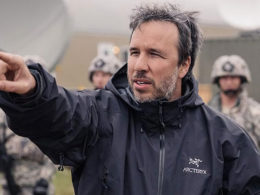
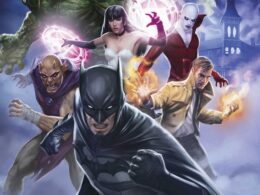

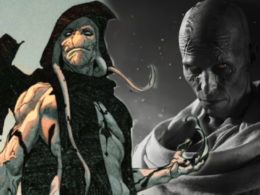
[…] it is a safe bet that Doomsday won’t do the character of Cyclops as dirty as the original 20th Century Fox X-Men films often did, it remains unclear how much impact these […]